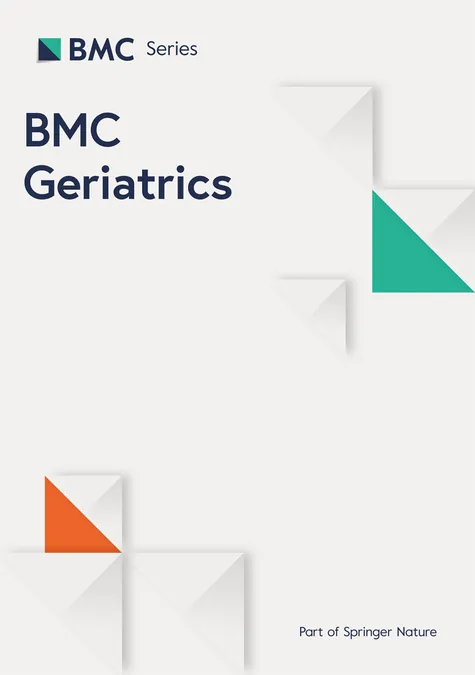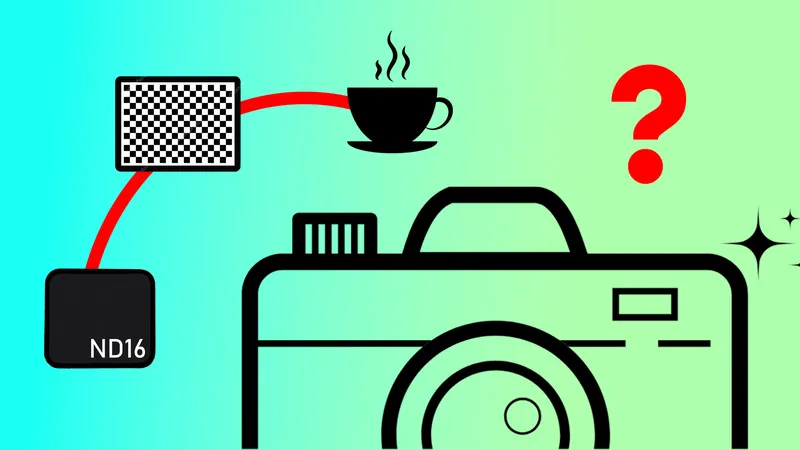
Virtual Reality: A Portal for Older Adults to Revisit the Past and Enhance Well-Being
2025-01-20
Author: Liam
Introduction
As the global population ages, the number of individuals aged 65 and over is projected to reach an astonishing 1.5 billion by the year 2050, doubling from 703 million in 2019. In Türkiye alone, 7,953,555 individuals fall within this age category as of 2020. This growing demographic faces numerous challenges associated with aging, including cognitive decline, physical limitations, and increased susceptibility to chronic illnesses. These factors significantly affect their quality of life, making it essential to harness technology to support healthy aging.
The Power of VR in Enhancing Quality of Life for Seniors
Research indicates that VR applications provide sensory experiences through visual and auditory stimuli, positively impacting memory, attention, and speech abilities. These immersive activities not only promote physical movement but significantly improve emotional well-being. Numerous studies have shown that VR can enhance social interaction and engagement, countering the loneliness often felt in later years.
Insights from the Study: Themes and Experiences
In a groundbreaking qualitative study focusing on older adults' experiences with VR, researchers aimed to explore how this technology can serve as a 'time machine,' allowing participants to revisit cherished memories. Conducted in Antalya, Türkiye, the study involved 37 senior participants who engaged with VR applications designed to evoke nostalgia through cultural heritage visuals, traditional music, and historical videos.
Participants reported profound emotional impacts, spanning themes of “time travel,” where they described feeling transported to happier moments of their past. This phenomenon manifested in three sub-themes: recalling joyful memories, expressing nostalgia, and experiencing mixed emotions about their history.
Many noted that the VR experience allowed them to reconnect with their past, leading to feelings of joy while simultaneously invoking bittersweet memories of lost times and friends. One participant remarked, "It’s good to remember. It reminded us of our youth," showcasing the therapeutic effects that revisiting loved memories can provide.
The theme of comparing the past and present surfaced, with participants reflecting on how the current societal landscape differs from their formative years. They expressed a longing for simpler times, attributing a loss of authenticity to modern life.
The benefits of VR were overwhelmingly recognized, with many participants suggesting it could act as a proactive measure against cognitive decline and serve as an enjoyable pastime. Comments such as "It’s like a fantasy world," and "I think this application refreshes our memory," underscore VR's potential as an engaging tool for cognitive and emotional enhancement.
Participants further explored the meaning of VR technology, with some describing it as a portal to their life’s stories, indicating a deeper connection to their identities.
Embracing Technology for a Better Future
Despite the promising results, the study revealed a limited application of VR technologies across the broader spectrum of aged care. While the technology is accepted and can evoke positive emotions, there remains a need for more widespread implementation and tailored content that resonates with diverse user experiences.
The integration of VR in elderly care settings not only stands to improve emotional health and cognitive resilience but may also empower seniors by keeping them engaged with the digital world—a crucial aspect of maintaining independence and self-identity.
Conclusion: The Future of VR in Elderly Care
Ultimately, as society grapples with the implications of an aging population, embracing technologies such as VR presents an exciting opportunity to enhance the quality of life for older adults. With the right approach, tailored content, and adequate training, VR can provide much-needed emotional support and cognitive engagement. If we consider preserving memories as a vital element of our existence, leveraging VR might be our responsibility in ensuring that the past remains a cherished part of our elderly's lives, enriching their present and future experiences.
As we move forward, further research is required to explore the diverse applications of VR, keeping in mind the need for accessibility and inclusion, ensuring all older adults can benefit from this technological leap into the past.









 Brasil (PT)
Brasil (PT)
 Canada (EN)
Canada (EN)
 Chile (ES)
Chile (ES)
 Česko (CS)
Česko (CS)
 대한민국 (KO)
대한민국 (KO)
 España (ES)
España (ES)
 France (FR)
France (FR)
 Hong Kong (EN)
Hong Kong (EN)
 Italia (IT)
Italia (IT)
 日本 (JA)
日本 (JA)
 Magyarország (HU)
Magyarország (HU)
 Norge (NO)
Norge (NO)
 Polska (PL)
Polska (PL)
 Schweiz (DE)
Schweiz (DE)
 Singapore (EN)
Singapore (EN)
 Sverige (SV)
Sverige (SV)
 Suomi (FI)
Suomi (FI)
 Türkiye (TR)
Türkiye (TR)
 الإمارات العربية المتحدة (AR)
الإمارات العربية المتحدة (AR)